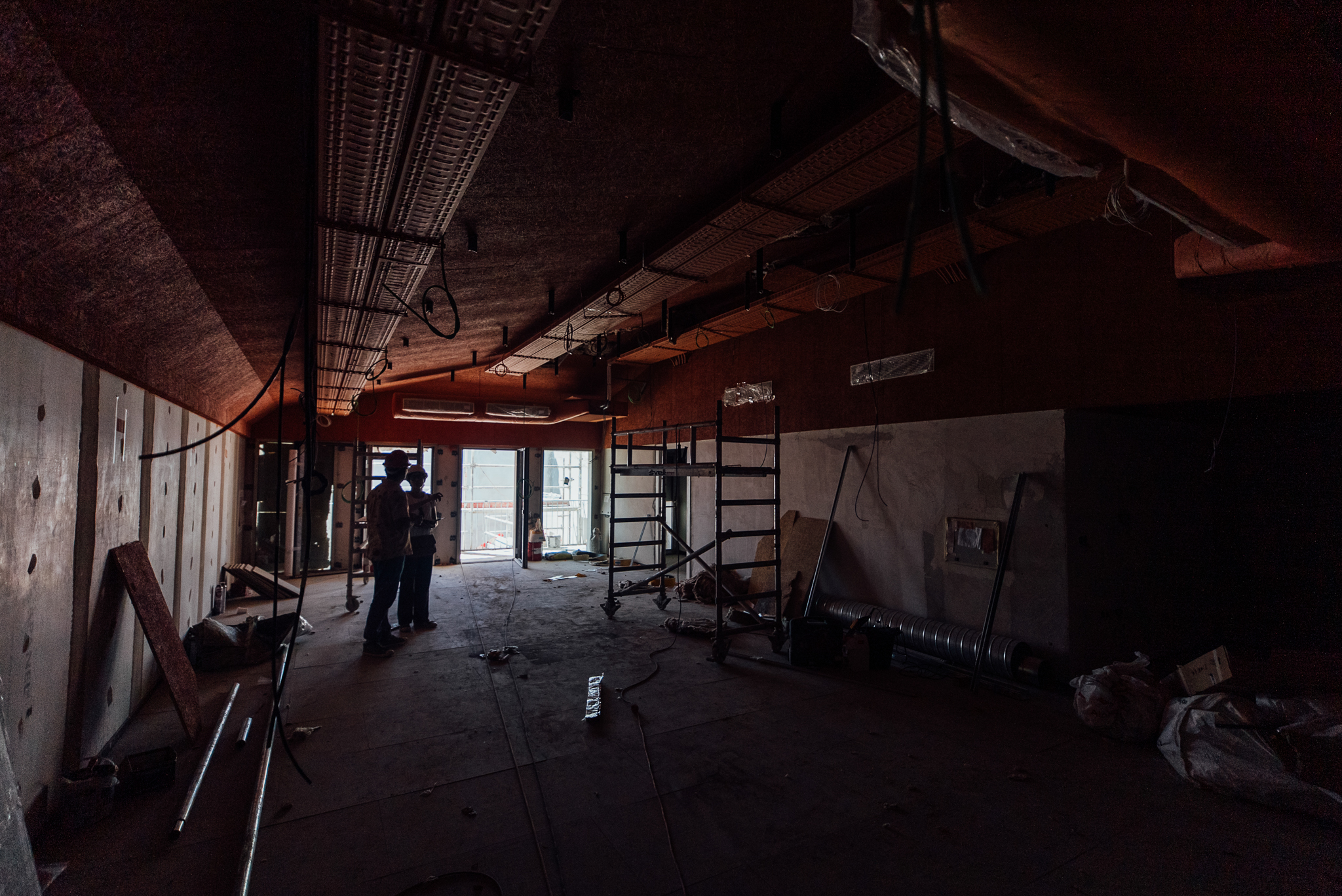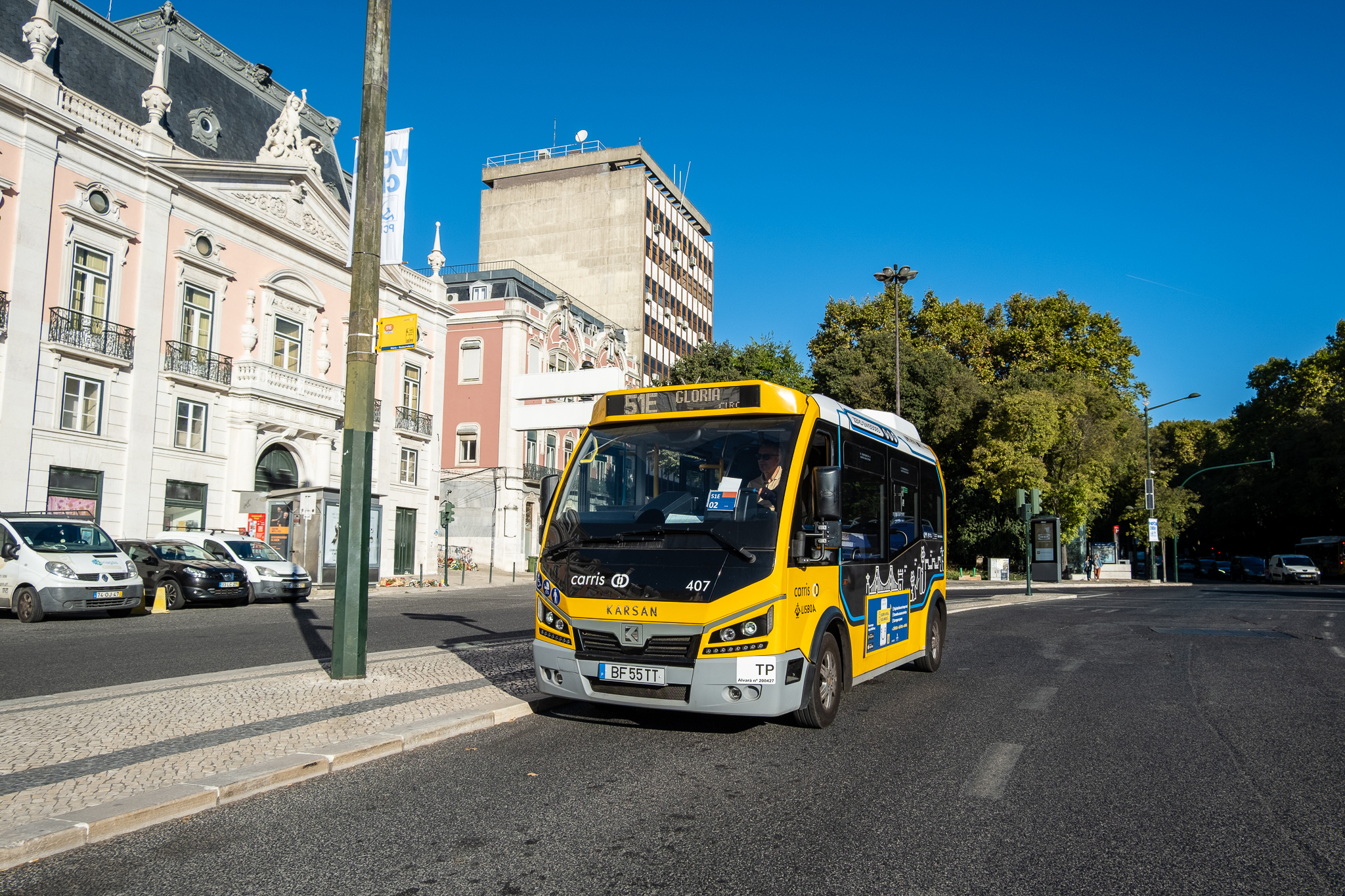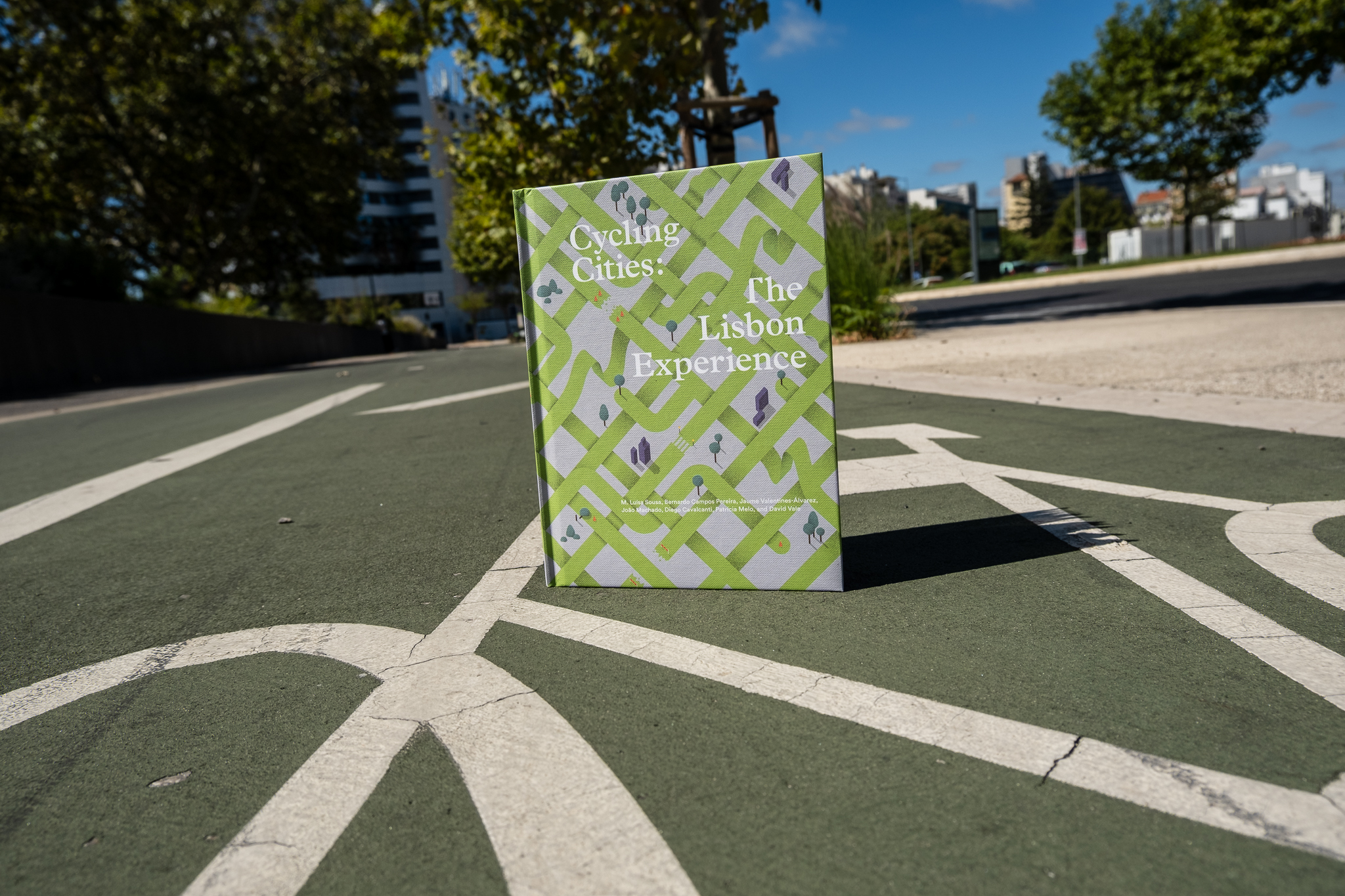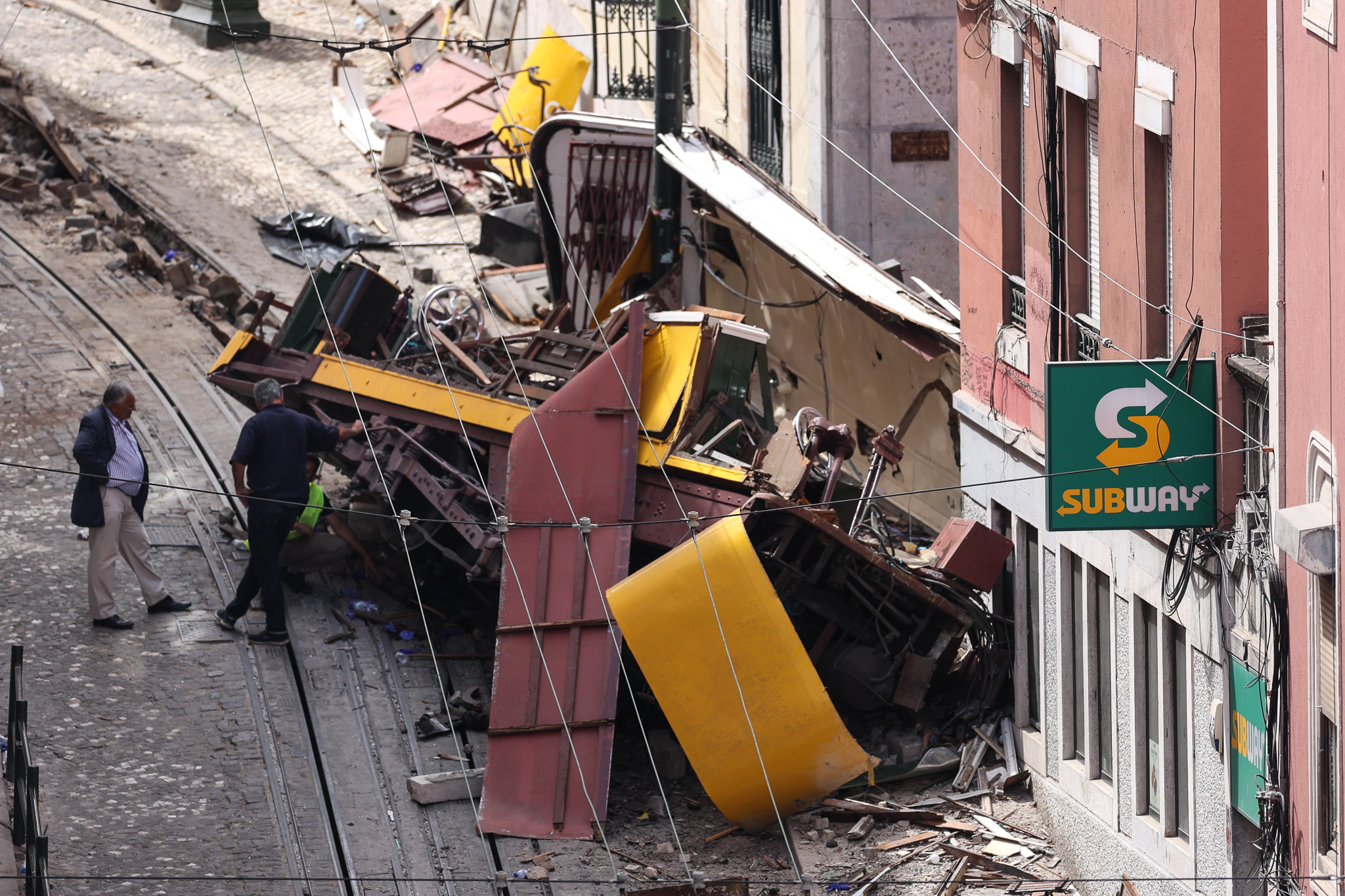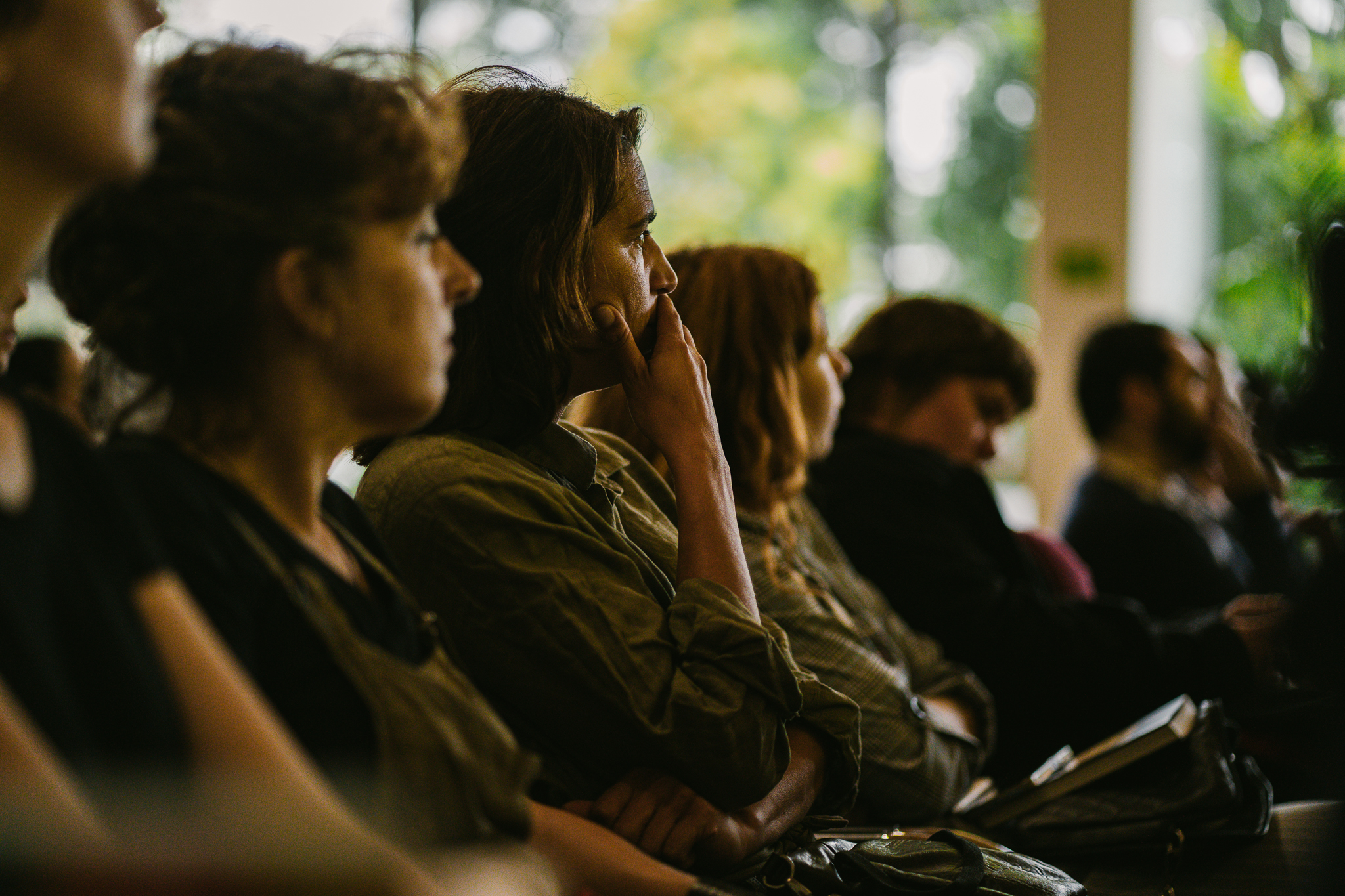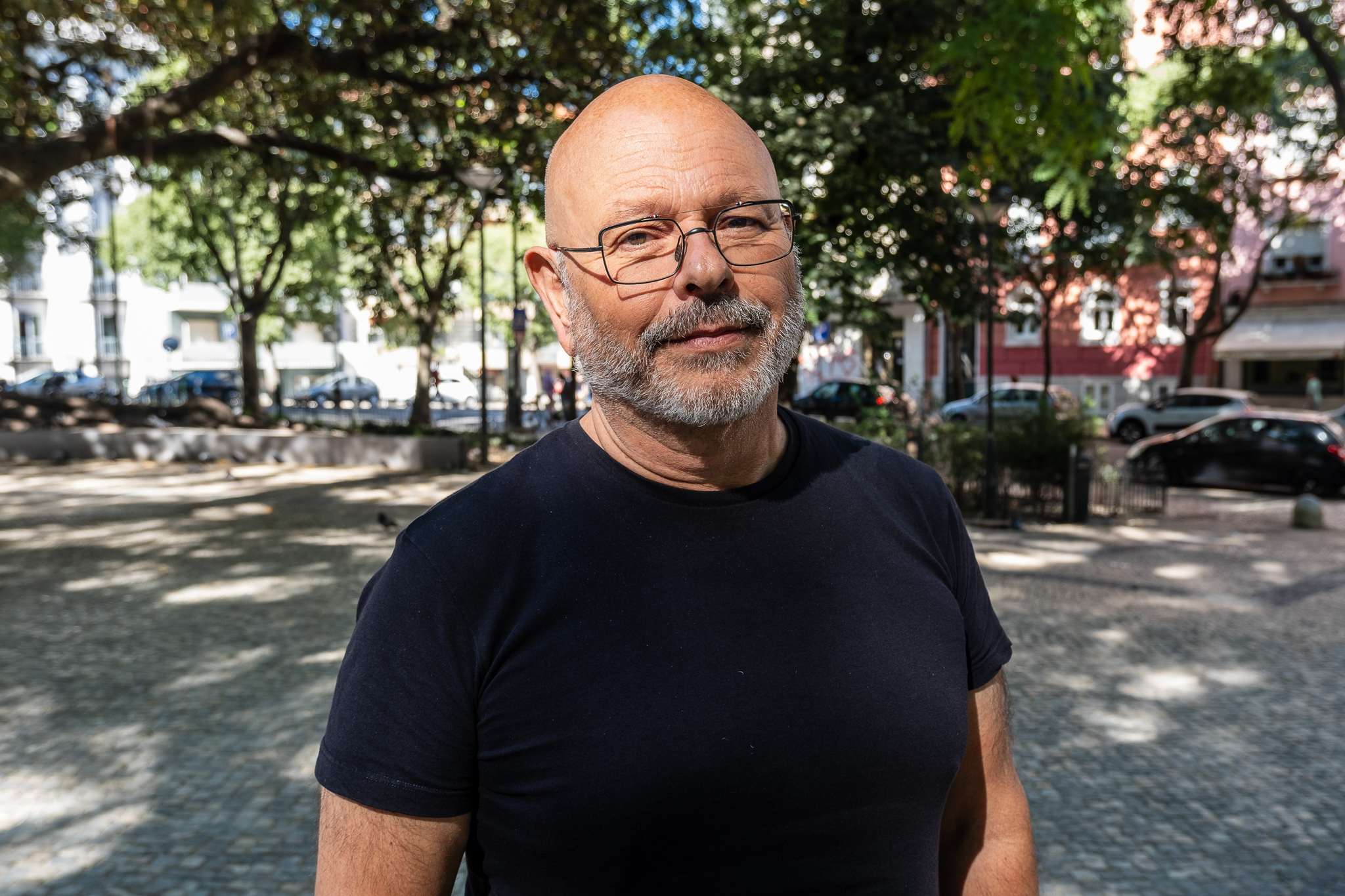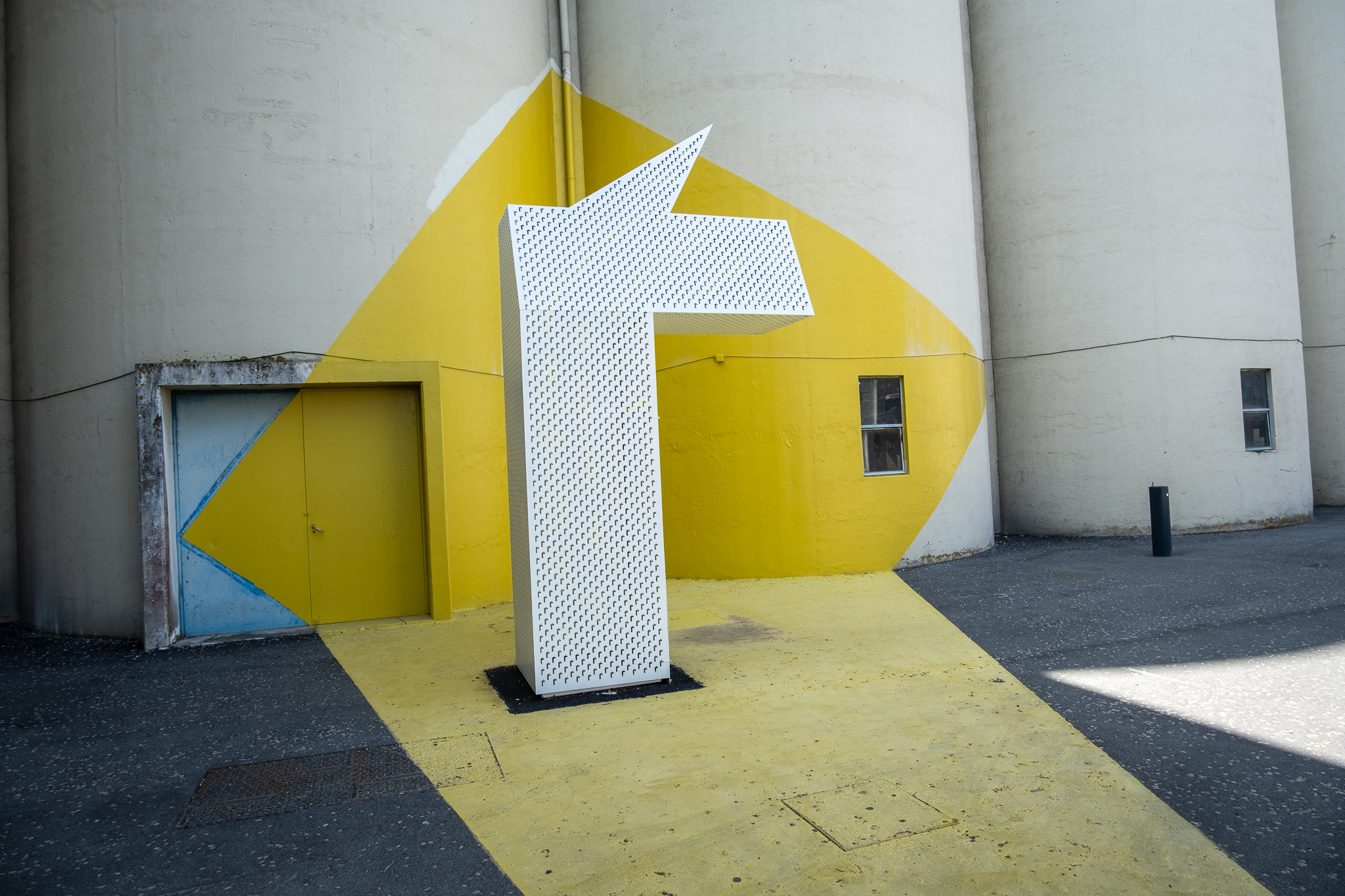Rosário Farmhouse, Presidente da Assembleia Municipal de Lisboa, propõe uma assembleia de crianças – um órgão consultivo e informal para dar voz às experiências, preocupações e necessidades dos mais pequenos e pequenas.
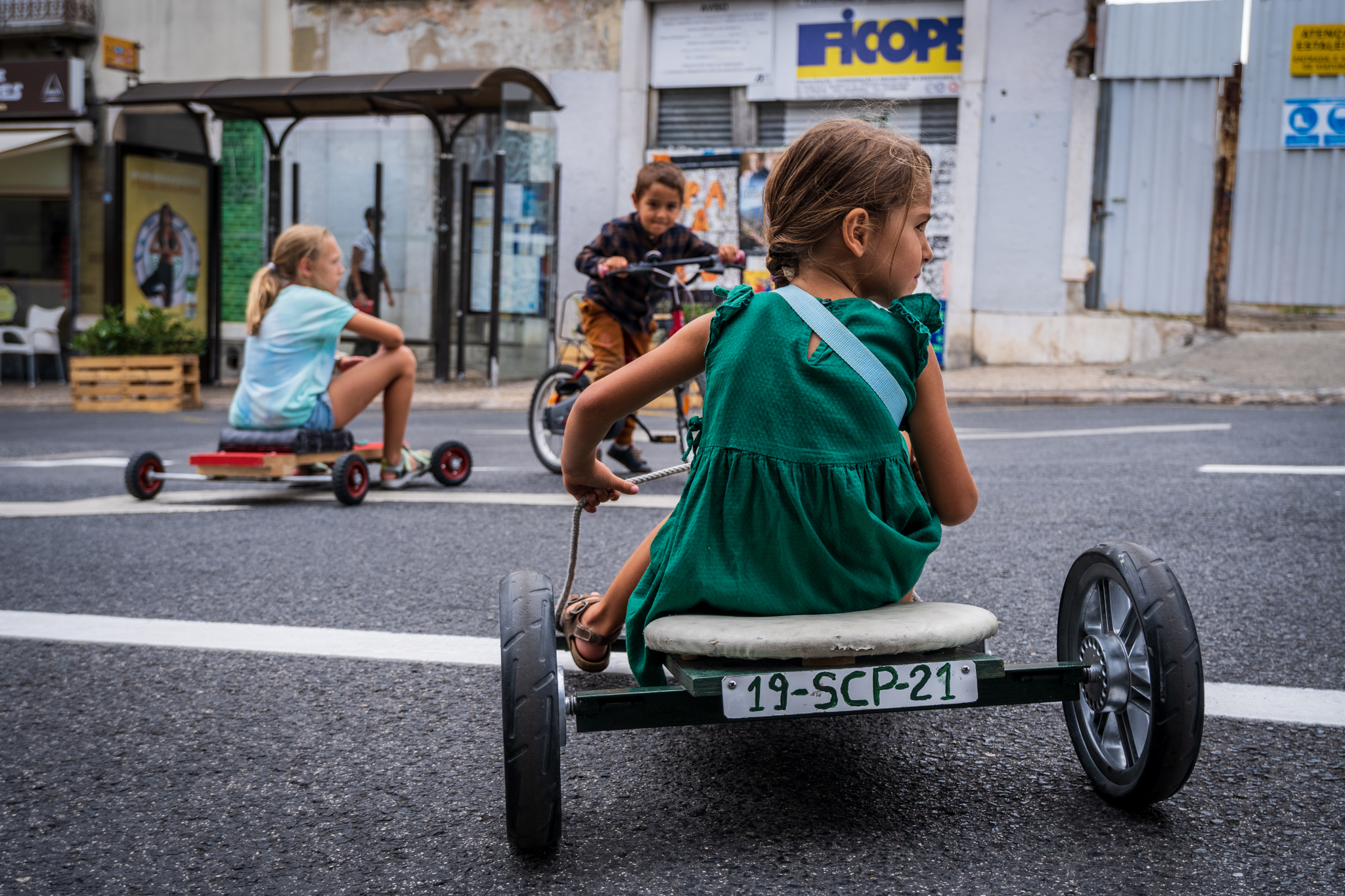
Enquanto Carlos Moedas sugeriu durante a sua campanha eleitoral uma Assembleia de Cidadãos, Rosário Farmhouse, Presidente da Assembleia Municipal de Lisboa, propõe uma assembleia de crianças. O intuito é estabelecer um órgão consultivo e informal para dar voz às experiências, preocupações e necessidades dos mais pequenos e pequenas.
“Trata-se de uma proposta de parceria entre a Assembleia Municipal, a Câmara Municipal, as Juntas de Freguesia e as escolas da cidade, para constituir um órgão consultivo, informal, que reúne duas crianças de cada uma das vinte e quatro freguesias da cidade, um rapaz e uma rapariga, com idades compreendidas entre os oito e os doze anos, para se pronunciarem sobre as políticas públicas que envolvem as crianças, nomeadamente a educação, desporto, habitação, espaço público, cultura, direitos sociais, segurança, etc”, lê-se num comunicado a propósito do 62º aniversário da Declaração dos Direitos da Criança (1959) e do 32.º aniversário da Convenção sobre os Direitos da Criança (1989), assinalados no passado dia 20.
Uma cidade para crianças é uma melhor cidade para todas as pessoas
Em 1996, Francesco Tonucci, pensador e cartoonista italiano, publicou A Cidade das Crianças, um livro que fala de dar às crianças um lugar na governação das cidades e que, passados 25 anos, permanece actual, conforme escreveu o jornal Público recentemente, aquando de uma entrevista a Tonucci. O trabalho do autor de A Cidade das Crianças influenciou a constituição do laboratório e rede internacional City of Children, da qual o município de Valongo passou a fazer parte este ano, depois de lançar uma iniciativa para colocar os mais pequenos e as mais pequenas a fazer propostas de planeamento urbano com familiares e educadores, um processo participativo integrado na revisão do Plano Director Municipal (PDM) do município.
As crianças usam as cidades desenhadas pelos adultos, não tendo voto na matéria. Apesar disso, há diversas iniciativas para tornar o espaço público também delas, até porque, como acredita Tonucci, uma cidade à medida das crianças pode ser uma cidade com maior qualidade de vida para todas as pessoas. O Brincapé, por exemplo, é um projecto que tem vindo a encerrar temporariamente algumas ruas da cidade ao trânsito para dar espaço à brincadeira dos/as mais pequenos/as… e também dos/as mais crescidos/as.
Liliana Madureira, uma das promotoras deste projecto, dizia-nos em Outubro que actualmente as “crianças só podem brincar em determinada altura e em determinado espaço”, por exemplo, ao fim-de-semana num jardim ao qual não conseguem chegar sozinhas. É para trazer de novo a brincadeira para a rua, para as ruas de bairro. Em Abril, um grupo de pais e mães contou com a participação das suas crianças na apresentação de uma sugestão de melhoria do espaço público em frente a uma escola dos Olivais. “Alguns alunos tiveram uma aula sobre segurança rodoviária e fizeram vários desenhos de como gostariam que fosse o espaço exterior junto à escola”, contou o grupo de encarregados de educação.
Lisboa já teve uma assembleia de crianças
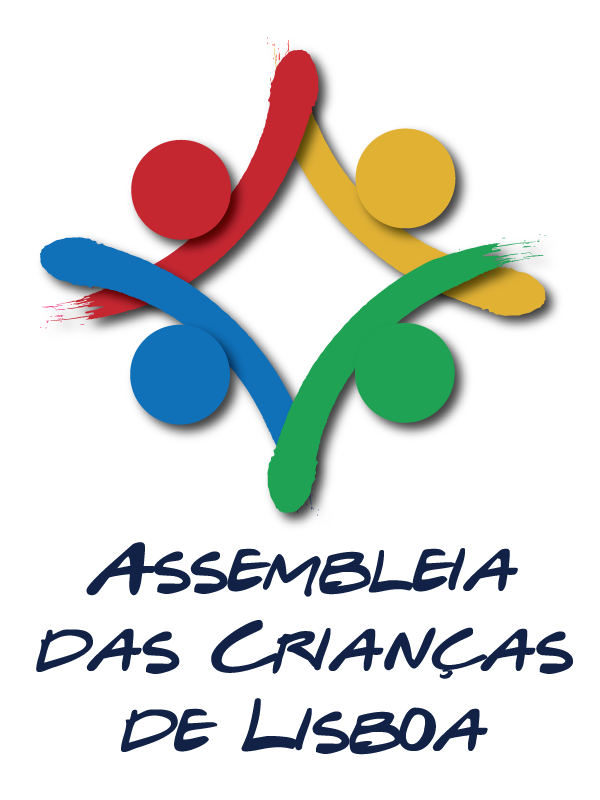
A Assembleia de Crianças de Lisboa pretenderia “dar voz às experiências, preocupações, necessidades e expectativas das crianças para a construção de uma cidade mais amiga das crianças” e, para já, é apenas um desafio lançado por Rosário Farmhouse enquanto Presidente da Assembleia Municipal, que na mesma nota publicada no site deste órgão se lê que “o direito à participação em todas as matérias que lhes dizem respeito está consignado no artigo 12º da Convenção sobre os Direitos da Criança”.
“A iniciativa procura promover o acesso das crianças de Lisboa a novas oportunidades de aprendizagem de participação política; desenvolver competências comunicacionais das crianças, de relacionamento interpessoal e de reflexão crítica; proporcionar o diálogo entre as crianças e decisores políticos; capacitar as crianças para participarem no governo da cidade e assim promover participações futuras ao longo da sua vida”, refere ainda a nota de Farmhouse.
A integração das crianças nas decisões da cidade já tinha acontecido em 2006, quando a autarquia gerida por Carmona Rodrigues (PSD) criou uma assembleia de crianças e ainda um gabinete da criança na Câmara. Segundo o Diário de Notícias, este órgão era constituído por alunos do 1º e do 2º ciclos, 60 do ensino público e 20 do privado, e fez propostas para serem estudadas pela autarquia, como a criação de espaços verdes junto às bibliotecas da cidade. Esta assembleia terá funcionado até meados de 2013.

